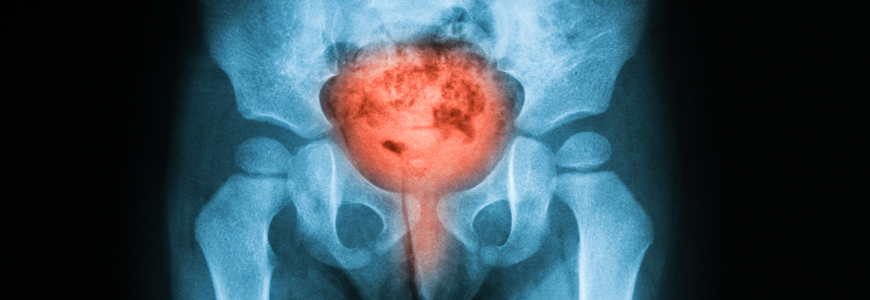Bladder infections can be a painful and recurring condition, and those who are prone to the infections often report they need to urinate with greater frequency and urgency. These two related conditions are caused by an aberrant immune response that prioritizes repairing tissue in the bladder wall over clearing the bacteria, according to a new study led by Duke researchers.
The researchers said the findings, published in May 2020 in Nature Immunology, improve the possibility of identifying more effective ways to treat urinary tract infections (UTIs), which are especially common among women.
“Most women will experience at least one UTI in their lifetime,” says senior author Soman Abraham, PhD, a professor in the Department of Pathology at Duke University School of Medicine. “In a substantial proportion of these women, UTIs become recurrent with painful frequency.”
Urologist and study co-author J. Todd Purves, MD, says that in this population who suffer from recurrent infections, “there is a very high risk of long term urinary dysfunction and lowered quality of life, including mental health issues such as depression.”
To study the immune response, researchers infected mouse bladders with E. coli. Throughout the body, immune responses to infections are generally balanced between bacterial clearance and tissue repair. However, in the bladder the response prioritizes tissue repair—a tendency that increases with each successive infection.
Researchers learned that the bladder’s initial response emphasizes shedding cells from internal walls to reduce bacterial load. Large numbers of bacteria bind to bladder cell surfaces, so shedding this wall tissue is a natural immune defense. However, the sloughing process removes the thick plaque of cells that protects the bladder walls from salts and toxins in urine. Loss of this barrier exposes the underlying bladder tissue, leading to severe bladder wall damage and pain.
“So while we traditionally think of the immune system as acting to protect us and decrease the risk of subsequent infection, its actions in the bladder at least temporarily lead to an increased chance of another infection,” says Purves.
“Because of the harm urine can cause to the unprotected bladder wall, it is not surprising the bladder prioritizes recovery of its plaque-covered inner wall lining over bacterial clearance during infection,” says graduate student Jianxuan Wu, lead author of the study.
The pain caused by urine-induced tissue damage is a greater immediate threat than the bacteria that persist in the bladder, according to the researchers. This focus on bladder wall repair hampers complete clearing of bacteria from the bladder, leaving behind pathogens that bloom into another infection.
With each recurring UTI, the researchers reported, bladder tissue repair occurs more robustly and at a faster rate, resulting in a markedly thicker bladder cell lining. In mice that had experienced multiple UTIs, this physical change reduced bladder capacity and increased voiding frequency. Both symptoms are common among patients who experience recurrent UTIs.
“Our finding that the bladder’s predisposition to repeated infections is actually the result of an aberrant immune response could be welcome news because it raises the possibility of therapeutic intervention,” Abraham says.
“This work suggests that modulating the immune response to more effectively rid itself of the infection-causing pathogens could be the key to solving these extremely frustrating recurrences,” says Purves.
